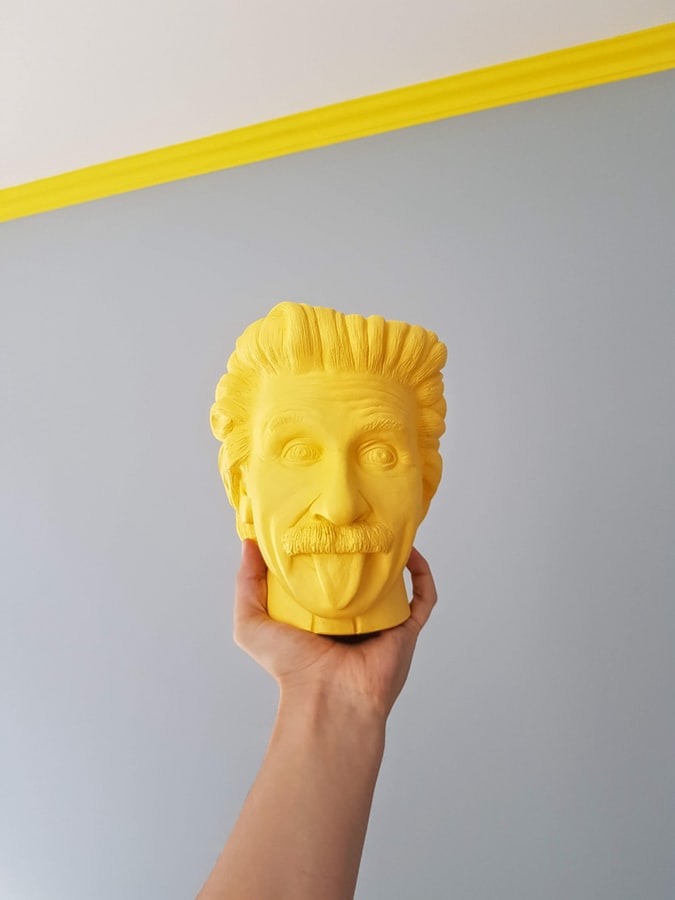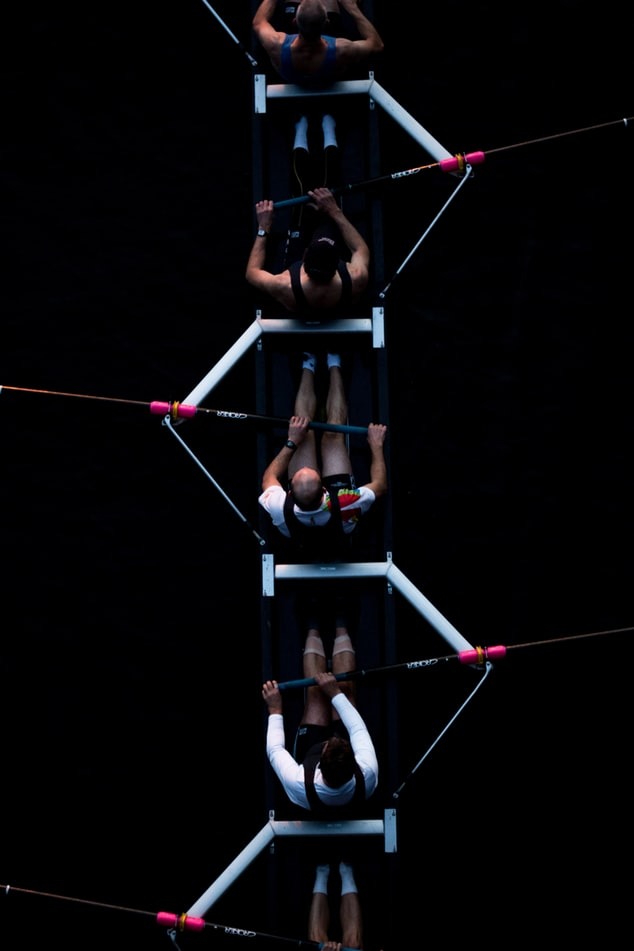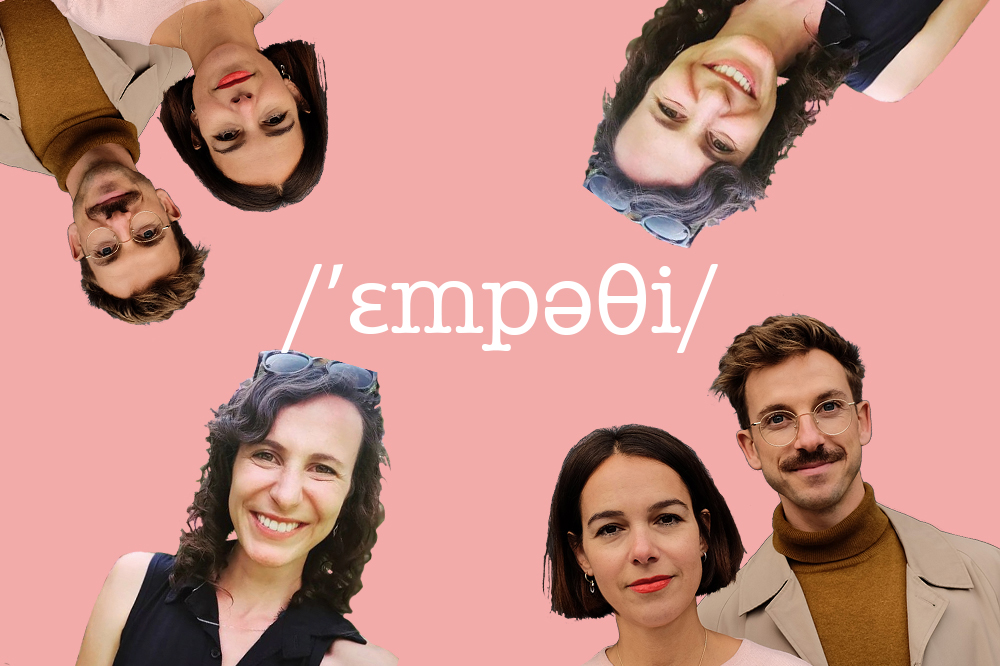
Empathy in business development – with Design Researcher Emma van Emmerik
December 12th, 2019 by Danilo Tesi
Business is usually associated with money and profit rather than good intentions. With career-driven individuals rather than empathetic innovators with great plans for our planet and the people who live on it. However, when it comes to growing businesses, being empathetic to new (sub-)cultures is crucial.
Here’s why empathy is so important for successful business development – with Nike’s Emma van Emmerik.
Why empathy and business development are such a good match

As discussed in this article, markets are becoming increasingly saturated and creating the right Customer Experience (CX) is more and more important for businesses to gain advantages over their competitors. However, creating a great CX requires making the customers’ point of view the starting point of a business’s development – an inherently empathetic process. By the way, Marriam-Webster defines empathy as ‘the capacity for being aware of and sensitive to another person’s feelings and experiences without explicit communication or explanation.’
To be fair: it might very well be that an egocentric mind comes up with an idea that could save the world. However, empathy is crucial for taking the idea and turning it into something that adds value to other people’s lives.
A real-life example of a non-empathetic business decision
Boss: Hey expert, how do you think we should improve our product? Would you go for option A or B?
Expert: Give me a few days to do some research and I’ll give you an answer.
Boss: Okay, let me know in two days.
Two days later.
Expert: Hey boss, I dove into our data and went through some design research sessions with our users. I think we should go for option B.
Boss: Thanks for your work. I’ll think about it.
Option A is developed and deployed to all customers a week later.
As you can imagine, this way of going about things shall not always lead to the desired outcome. Yet, it’s quite common practice. But how to do it better than the boss in this example?
Nike’s Emma van Emmerik has a suggestion
‘In current business scenarios research is often meant to validate existing ideas. However, we don’t really think about how we can use research to inspire innovation. I think that in order to get really close to who we are designing solutions for we have to make that process something that is participatory. That means that not certain people are doing research but that everybody is part of the researching and learning process. Then the ideas that come to life and the solutions that end up on the road map, are truly inspired by some sort of context of the people who items are being designed for.
So what I’m currently investigating at Nike is the question: ‘what does research mean and who does research?’
Design research is not a scientific process that only certain people who are researchers are able to do. Design research is about using our innate curiosity and empowering people to learn.’

‘Empathy and curiosity: an ongoing business mindset to create added value’
Van Emmerik: ‘I don’t believe that research is something that is only supposed to be done at certain points along the way. It’s rather a mode that people are always in. So as a company, you’re not actually the authority but you’re learning from the people that your building for during the process.
The feedback that we get in a normal research process often comes at a point when it’s too late already. Most of the times teams have already invested in developing whatever solution that is now being researched and tested.
(…)
I’ve always been driven by the idea of creating value for other people and empowering them. But there is always that bit of discomfort like: ‘Wait a minute. Why would we be able to do that any better than the people themselves?’ And that goes to fundamentally being able to see the world from other people’s perspectives. That’s to me what thinking empathetically is. If a business can really look from the perspective of the people they are designing for, there’s no way that they won’t create something that is really going to be an added value to those people’s lives.’
* Emma van Emmerik works as a Design Researcher (find her on LinkedIn), has an amazingly curious and open mind, and just ran a marathon in 2:59.31. So impressive! Thank you, Emma, for your great input and for making your first appearance on Mango Kollektiv!


Danilo Tesi
Danilo is the co-founder of Mango Kollektiv. If you want to know more about him, click here.
If you want to find out how Mango Kollektiv’s culture-specific approach to consulting businesses can help you, click here.